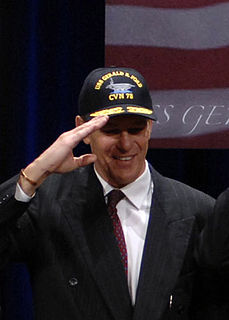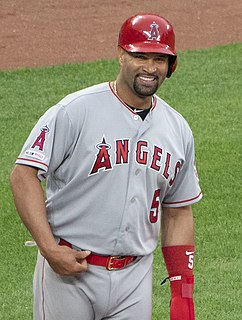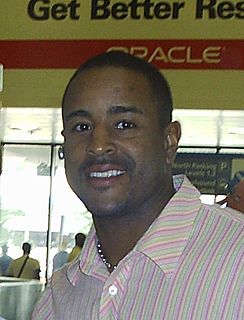A Quote by Shervin Pishevar
I care deeply about the long-term success of the firm and believe my decision to resign is the best decision in the interests of the Sherpa Capital family of team members, founders, and LPs.
Related Quotes
When team members openly and passionately share their opinions about a decision, they don't wonder whether anyone is holding back. Then, when the leader has to step in and make a decision because there is no easy consensus, team members will accept that decision because they know that their ideas were heard and considered.
The president [of American research institute] can act as the CEO and make a firm decision about the long-term development of the institution, but he or she does so in constant consultation with the faculty. It may not always work this way, but the greatest advances occur when governance is truly shared.
In the face of uncertainty, many companies will default to asking their innovators to study and analyze, which can't actually ever provide a definitive answer. The decision-making systems here are meant to deal with the reality that decisions about innovative ideas will rely on patterns and intuitions. The best venture capital organizations deal with this challenge by staging investment, actively participating in startups they fund, tying decisions to learning as opposed to artificial dates on the calendar, and assembling a diverse team of decision-makers.
The constant drive for campaign dollars has distorted decision-making in Washington, DC, to the point where our systems can no longer effectively address complex, long-term problems like the climate crisis. Which brings me to my other major concern - the short-term focus of capitalism. It distorts the allocation of resources and the decision-making processes of companies.
I had more friends on my hockey team than I did on my soccer team. I might have been better at soccer, to be honest. But I think it was more the friendship, and my family was more of a hockey family than a soccer family, so when I had to make a decision, I tried hockey, and it turned out to be a good decision.



































